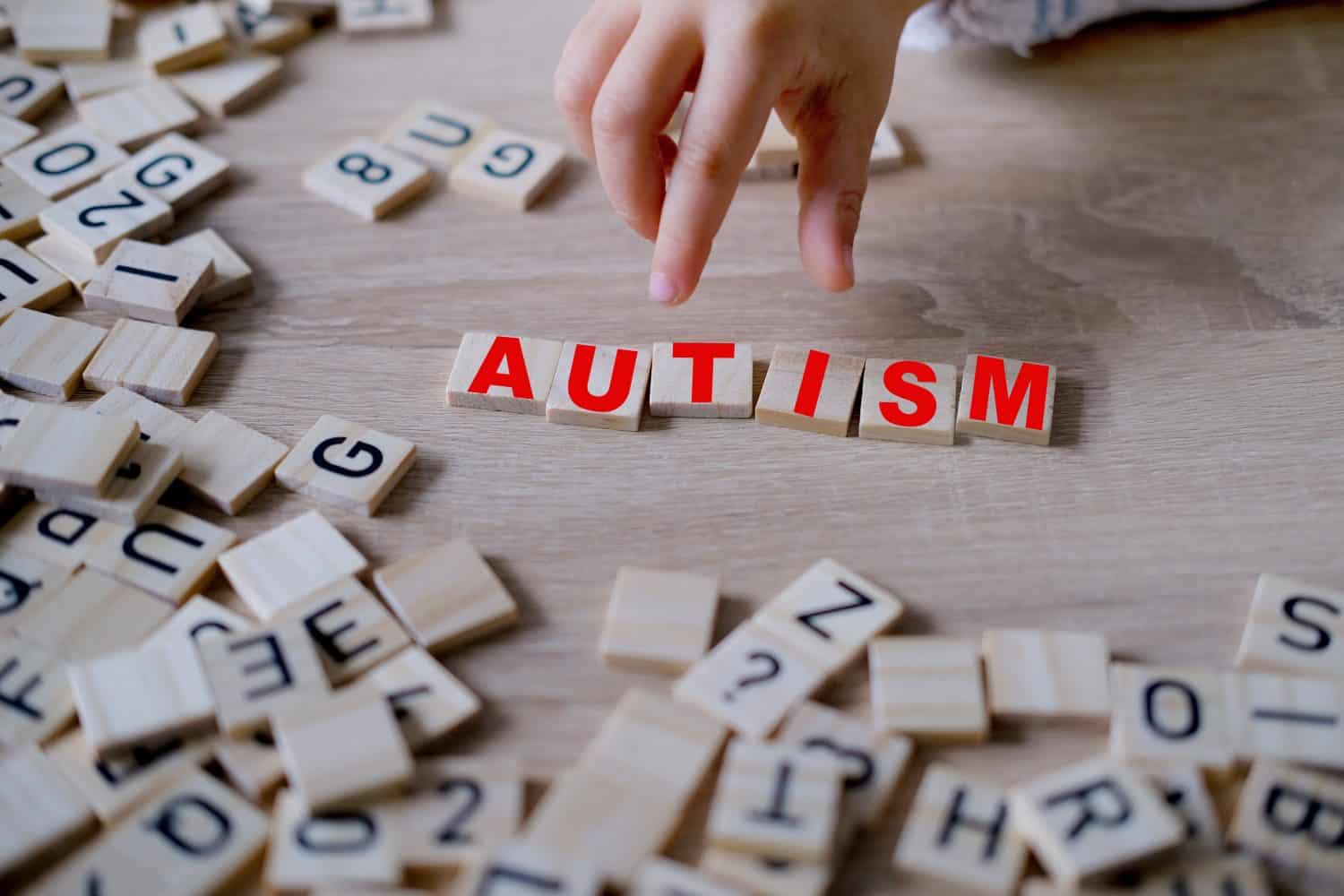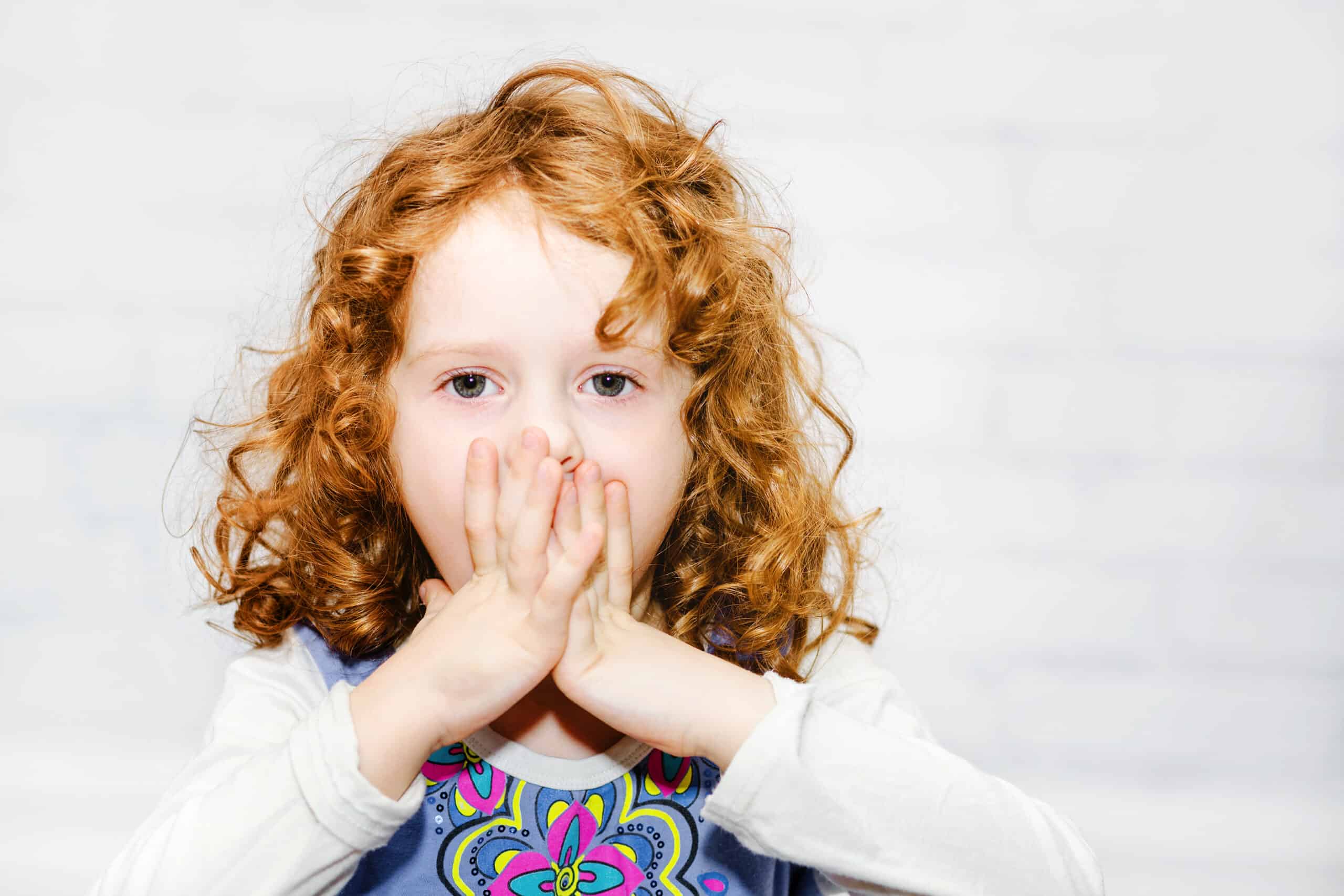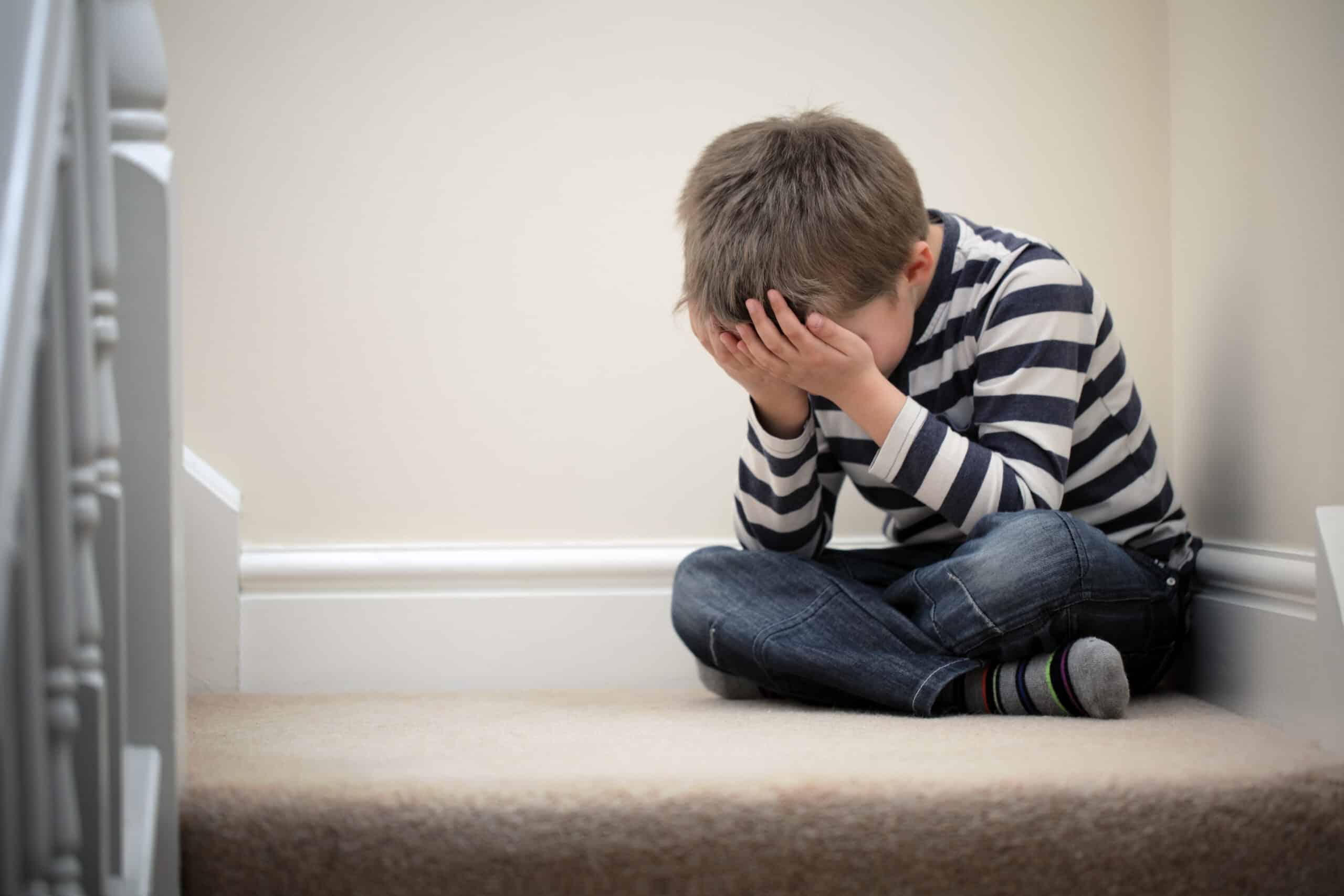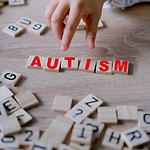



























Don't Ignore These 12 Signs That Your Child May Have Autism
As parents, we hope and pray that our children will come out happy and healthy, knowing that even if they're not, we'll love them all the same. Even though it's difficult to see our children struggle, understanding what they're facing makes it possible for us to help them. This is especially true when it comes to autism.
Autism, or autism spectrum disorder (ASD), is a term that covers numerous conditions that affect 1 in 31 children in the U.S. Autism can impact any individual, no matter their age, sex, or race. This neurological disorder can impact every individual differently, although there are signs that may indicate a child has autism.
Although autism certainly isn't a new disorder, it has been a frequent topic in the news ever since Robert F. Kennedy Jr.'s controversial comments about individuals with autism in April 2025. As three moms recently shared with us, children with autism view the world differently from other kids, but with the right support, they can thrive in many ways.
When it comes to getting an autism diagnosis, there are many signs to look out for, such as a lack of language skills, constant irritability, engaging in self-harm, and not playing make-believe activities with other kids. Your child exhibiting one or two of these signs doesn't automatically mean they have autism, but if you have concerns, it's important to speak with a medical professional.
Lack of Emotion
One of the most noteworthy signs your child may have autism is that they don't show a lot of emotion. It's especially vital to watch for these issues during the first year of your child's life. Most babies start to show social smiles between 6-12 weeks. Autism isn't diagnosed in infancy, so if your infant isn't showing a lot of emotion, it may still be a while before a healthcare provider will evaluate your child for autism. However, if they still don't show emotions as they move into the toddler phase, this is something to bring up with their pediatrician.
Nonverbal Communication
Verbal communication is often a challenge for children with autism. Another sign of autism is a child expressing nonverbal communication. Most babies start babbling and saying their first words when they're between 6-9 months old. Some children don't start talking until they're a year old, but children with autism might use gestures to communicate with you instead of talking. Also, a child with autism may not turn and look at you when you call their name, even if they're over a year old.
Lack of Language Skills
By two, your child should be verbally communicating. It doesn't have to be complex sentences, but there should be some communication. Remember that a delay in speech doesn't necessarily point to autism. Usually, if your child is not talking by age 2-3, you'll want to see if they're also exhibiting the other symptoms on this list. If they do communicate verbally, you might notice them repeating the same phrases over and over or struggling to communicate how they feel. If you notice them repeating phrases or words or notice other odd verbal queues, talk to their pediatrician.
Prefers to Be Alone
While you may not be able to see the signs when your child is an infant, as they grow older, a child with autism will likely show a preference for being alone. Many children with autism struggle with sensory overload and are uncomfortable in loud and overstimulating places, like supermarkets and restaurants. Children with autism are also frequently misunderstood by other children and they may feel like they don't fit in. Because of that, the isolation may be due to fear, rejection, or social anxiety.
Frequent Emotional Meltdowns
Emotional regulation is another challenge for children with autism. One of the signs is a child getting overly upset at things that don't seem to be a big deal to other children their age. For instance, many children with autism can get upset if they don't like a certain smell, sound, or taste. The sensations could be as simple as feeling the sand on the beach or hearing an extremely loud sound.
Needs a Strict Routine
All children need routines and structure to thrive, but neurotypical children are generally more flexible when it comes to changes in their routine. Children with autism like to stick to a strict routine and may really struggle if their routine is disturbed. Even if something minor changes in their routine, it could lead to a severe meltdown.
Not Engaging in Make-Believe Play With Other Children
Many children engage in pretend play. That could look like them pretending to cook a meal or be a professional, like a teacher or doctor. If you notice that your child is having trouble playing or they give up early, it could be a sign of autism. Many children with autism struggle with this type of play because they may not understand the social cues, such as pretending to hold items, communicating during the game, and sharing.
Additionally, some children with autism have a hard time with abstract thinking. They tend to view things literally, so if they don't see the object in front of them, it may be confusing for them.
Performing Activities That Can Cause Self-Harm
It may be scary, but if you see your children engaging in activities that could lead to self-harm, then it may be a marker for autism. Instances of self-harm can include banging their head against the wall, biting, or anything else that can hurt them long-term. It's not always clear why younger children with autism engage in these behaviors. It could be that they're trying to cope with emotional distress or to relieve the tension they feel inside.
Even if you don't think your child is intentionally harming themselves or others, it's important to speak to their pediatrician if you notice this behavior.
Repetitive Movements
Another key symptom of autism is a child making repetitive movements, such as rocking their body or flicking their fingers. These behaviors are also known as stimming. Some stimming behaviors may be subtle while others may have extremely obvious and even disruptive to other children. It's believed that these behaviors are a way of coping with sensory overload or expressing emotions.
Not Hitting Developmental Milestones
Sometimes, the signs of autism may not be obvious at first. Instead, you may notice signs as they grow. It's a good idea is to pay attention if you notice your child isn't hitting the standard developmental milestones over time. Here are some important milestones that your child should exhibit:
- Babble by 12 months.
- Point, wave, or make other gestures by 14 months.
- Mimic sounds or copy facial expressions by 9 months.
- Play make-believe by themselves or with others by 18 months.
- Respond with a happy expression by 6 months.
- Speak single words by 16 months.
- Say two-word or longer phrases by 24 months.
If you notice that your child has missed several or many of these milestones, you may want to talk to the doctor. Again, every child develops at a different pace, but if you have any concerns, it doesn't hurt to ask.
Avoids Eye Contact
One of the most significant signs of autism is when your child avoids eye contact almost all of the time. Yes, your child may move his or her head and constantly be looking at something new, especially when they're babies and toddlers. However, when your child can't make eye contact at all to the point that it seems painful to do so, it may be an issue.
Issues with Coordination
Recent studies from Autism.org show that one of the signs your child may have autism is issues with coordination and motor skills. The research shows that many kids with autism experience both fine and gross motor skill delays that can affect how they stand, walk, and perform other activities. Scientists believe it could be due to differences in brain wiring. It could also be anxiety that affects how willing your child is to participate in new tasks, so they don't build muscle memory. There are theories about low muscle tone as well. If you notice these issues with your child, speak to the doctor.
Children With Autism View the World Differently
If you notice any of these signs or your child receives an autism diagnosis, remember that even though children with autism think differently from other children, they can still live fulfilling lives. Getting a diagnosis early is the key to providing your child with the support they need to thrive.
The image featured at the top of this post is ©Kittyfly/Shutterstock.com